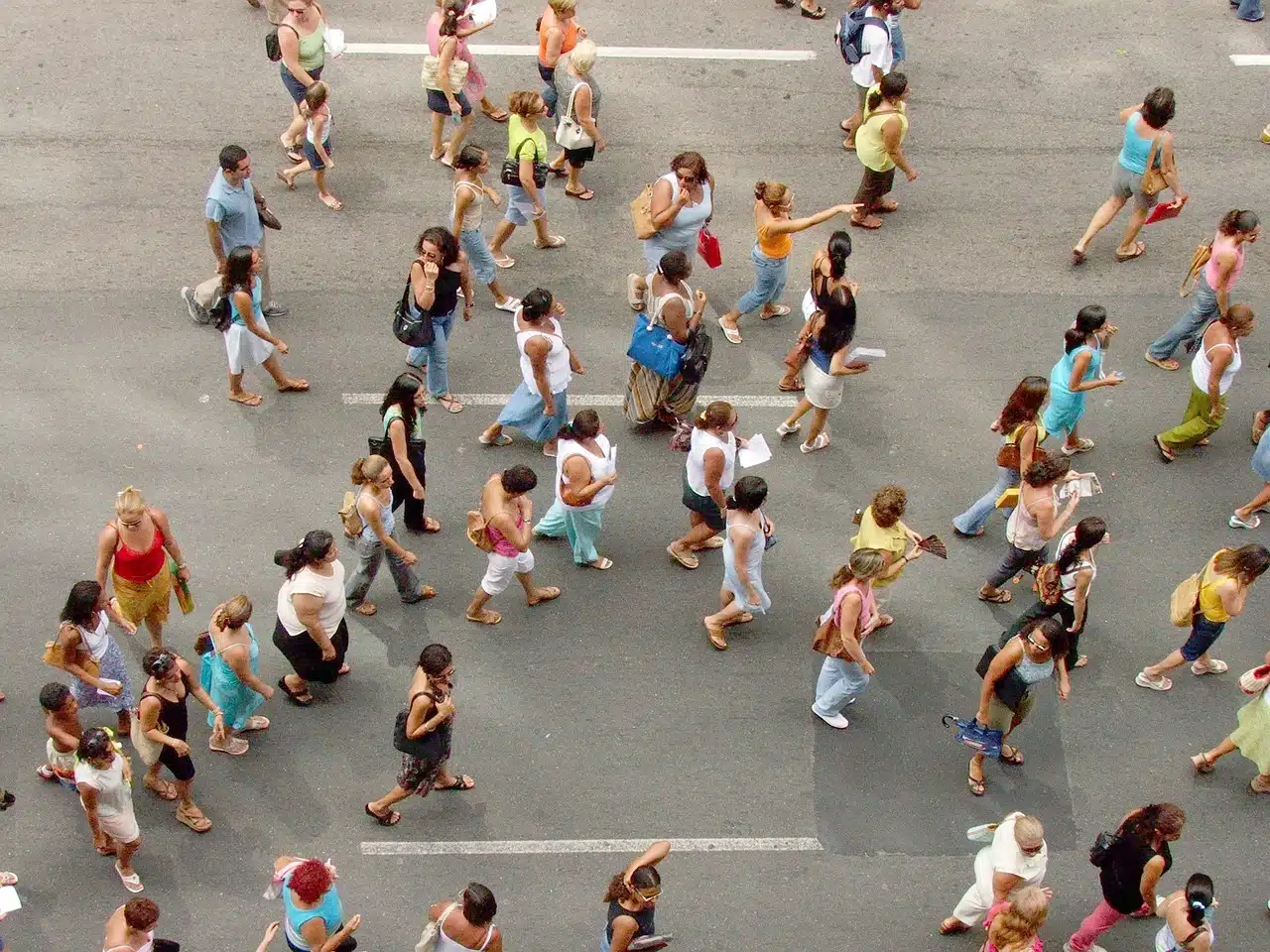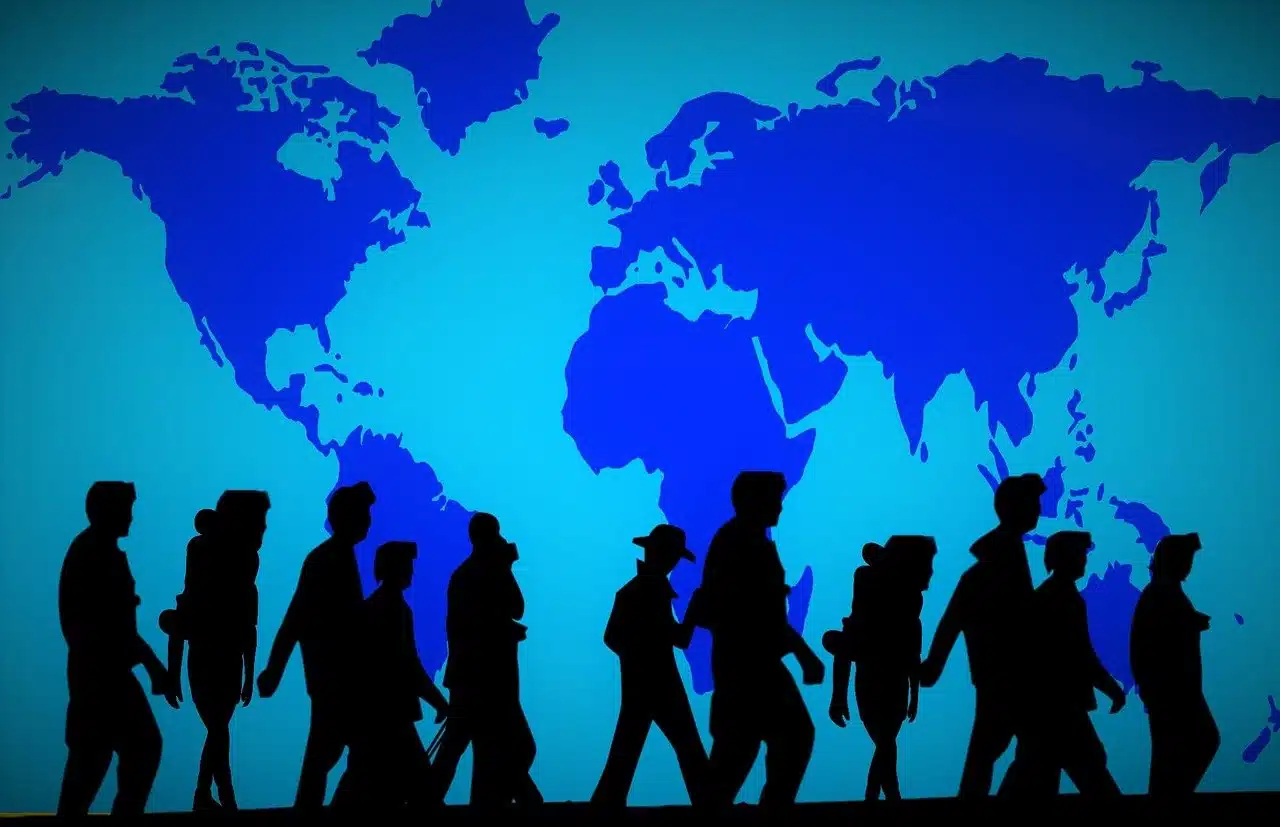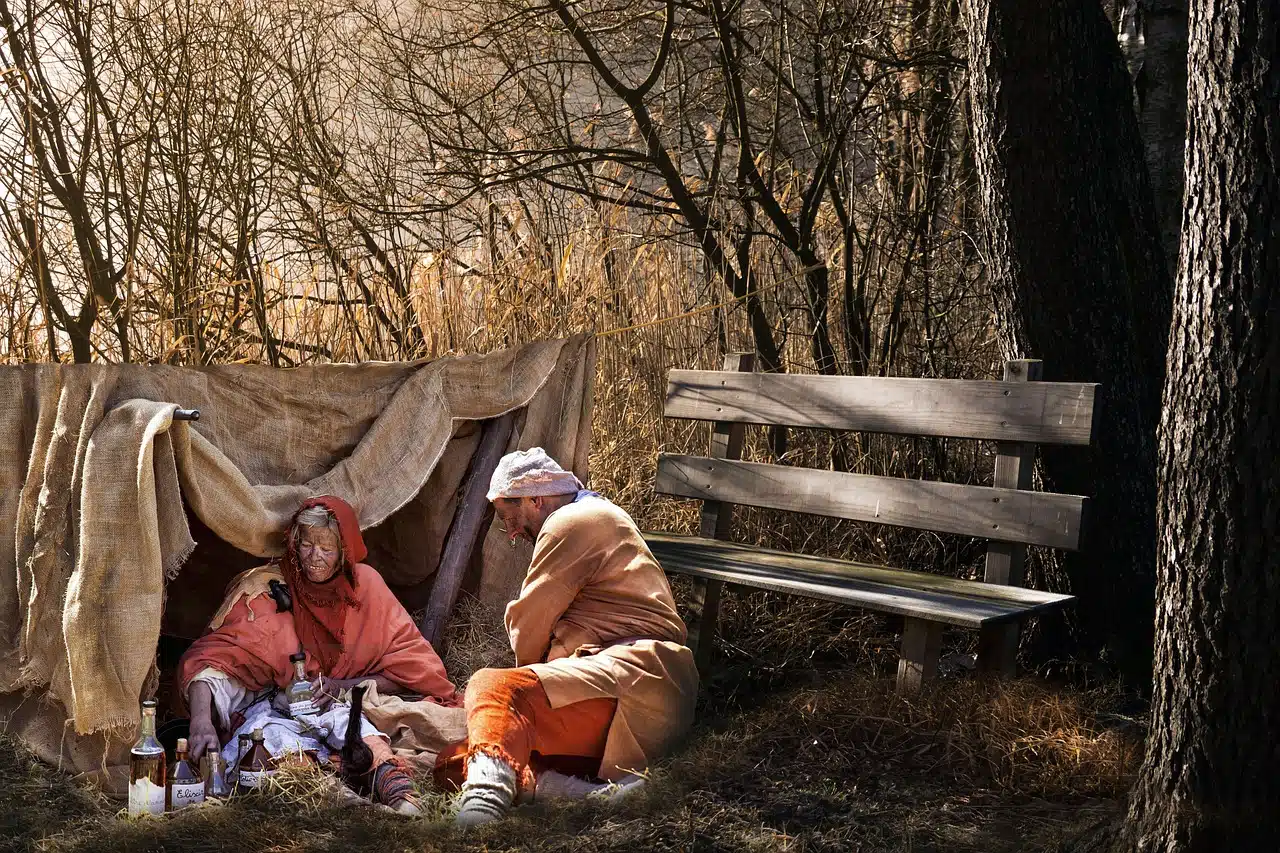
Ethnicities, social inequalities and geographical space are under the scope of analysis and action of social geography.
Social geography is responsible for studying social problems and focusing on the link between community and territory. In this discipline that is linked to human geography, geographical factors are taken into account in constant interaction with the members of each society. Furthermore, attention is focused on processes and phenomena that end up generating contexts of well-being and possibilities for progress or the opposite, thus exposing social inequality .
The research field of this area includes both urban and regional geography , historical geography and population geography . In this framework, demographics are given visibility and are also recognized in time and space, delimiting them in a multi-scalar way, to relevant social groups. Nor should we overlook that social geography is concerned with observing realities that various sectors of the population live and suffer in terms of insecurity , vulnerability , public services , health and poverty .
Fields covered by social geography
Social geography covers multiple fields or branches of knowledge and is nourished by contributions from the so-called cultural geography . This discipline, simultaneously, is enriched and complemented by social anthropology and sociology , but is included in human geography as a specific approach.
Ethnography and demography are subjects specific to this subject that investigates globalization and regional development as prominent issues in economic geography .
Political geography , subdivided into the topics of regionalism , nationalism and geopolitics , as well as the geography of gender , the geography of minorities and the geography of religion are other focuses of interest when interpreting geography from a social perspective or perspective.
It is even worth considering that in this area community habits of leisure and consumption are addressed by exploring the geography of consumption .

To foster a sense of belonging within a community, cultural identity must be worked on, stimulated and valued.
Territorial and social processes
Multiple territorial and social processes have been taking place in the world for thousands of years.
Just as the phenomenon of urbanization is common, which is characterized by a migration that has the countryside (that is, the rural environment) as a starting point towards the city (urban environment), urban segregation is also common. The division or segmentation of classes is also very exposed, as gentrification spreads more and more, a framework in which economic power is imposed on neighborhoods or territories that were originally humble, displacing low-income inhabitants from them so that the The area becomes attractive and more valuable in terms of tourism and real estate.
Social displacement and migration are also causing transformations. Forced displacement (motivated by violence, violation of human rights or other problems), refugees and migratory flows have a cultural, economic and social impact in more than one place.
When emphasis is placed on situations of poverty and social inequality , on the other hand, marginalization , social exclusion , the lack of guarantees regarding rights and justice among the most vulnerable and differences in access to multiple services and resources become evident.
Climate change and other issues related to the environment , meanwhile, have an impact on numerous communities and force the implementation of both adaptation and mitigation measures.

To achieve a just, equitable and supportive society, we must put an end to social inequality and poverty.
Challenges of social geography
The challenges of social geography are associated with challenges of the contemporary world, with needs that are emerging on an international scale and with creating conditions so that, in the future and with environmental justice and social justice, a better coexistence is achieved both between human beings and our society. species and the natural environment.
Much work still needs to be done to globally establish the philosophy of sustainable development , adopt appropriate policies for the redistribution of wealth and put an end to problems of social confrontation that generate so much damage and negative consequences. Xenophobia and racism , for example, would have to be completely eradicated so that discrimination does not continue to add victims. Another pending issue is to achieve cities that are truly accessible to all members of a population and for this it is essential and necessary to look at the geography of disability .
Likewise, it is essential to responsibly plan the urban space , take care of natural resources with rules and regulations focused on their management and exploitation and fight against climate change so that everyone, beyond borders , can inhabit a healthy, fair, calm and peaceful planet. pleasant. Those in charge of designing sustainable cities will have to implement strategies that protect biodiversity without sacrificing the comforts of human beings or their quality of life: urban ecology , in this plan, is key to providing ideas, information of interest and answers to questions. or problems of urban planning , sociology, engineering and architecture.
Of course, education is imperative to positively transform every corner of the Earth in order to spread good values and favorable behaviors at a collective level. Achieving an optimal degree of social cohesion , in this context, is vital in pursuit of cooperation, peace, inclusion, respect and well-being of each individual.
